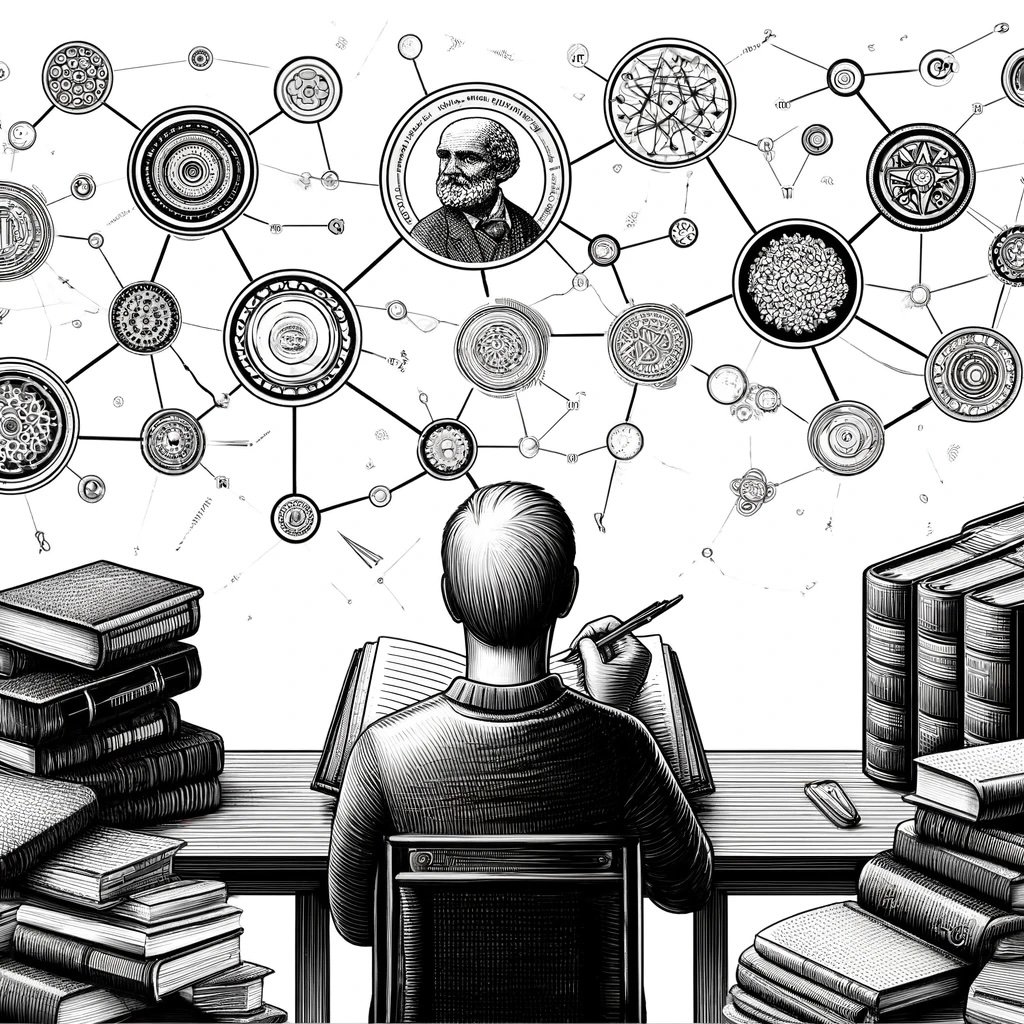Sönke Ahrens, author of How to Take Smart Notes, says, “You can start working and developing ideas immediately by taking smart notes. Complexity is an issue, though. Even if you don’t aim to develop a grand theory and just want to keep track of what you read, organize your notes, and develop your thoughts, you will have to deal with an increasingly complex body of content, especially because it is not just about collecting thoughts, but about making connections and sparking new ideas” (9).
There it is. We take notes so that we can make connections and spark new ideas. If you only read books, never taking time to build a good set of notes, what will you have to show for your efforts? Most of what we read will fade over time. Hell, I can’t even remember phone numbers and street addresses. How can I remember and articulate key ideas from Dostoyevsky, Plato, or Arendt without a good set of notes?
If I don’t take notes, the best I can give you is a general idea of the book. I can tell you the main idea, but there’s no way I could debate its concepts, use the information in my writing, or connect one theory to another. I don’t know about you, but I have no interest in vaguely remembering what I’ve read.
That’s why I’m always happy to improve my note-taking systems.
Until tomorrow, read slowly – take notes – apply the ideas.
-Eddy
——————–
Works Cited:
Ahrens, Sönke. How to Take Smart Notes: One Simple Technique to Boost Writing, Learning and Thinking: For Students, Academics and Nonfiction Book Writers. CreateSpace, 2017.
